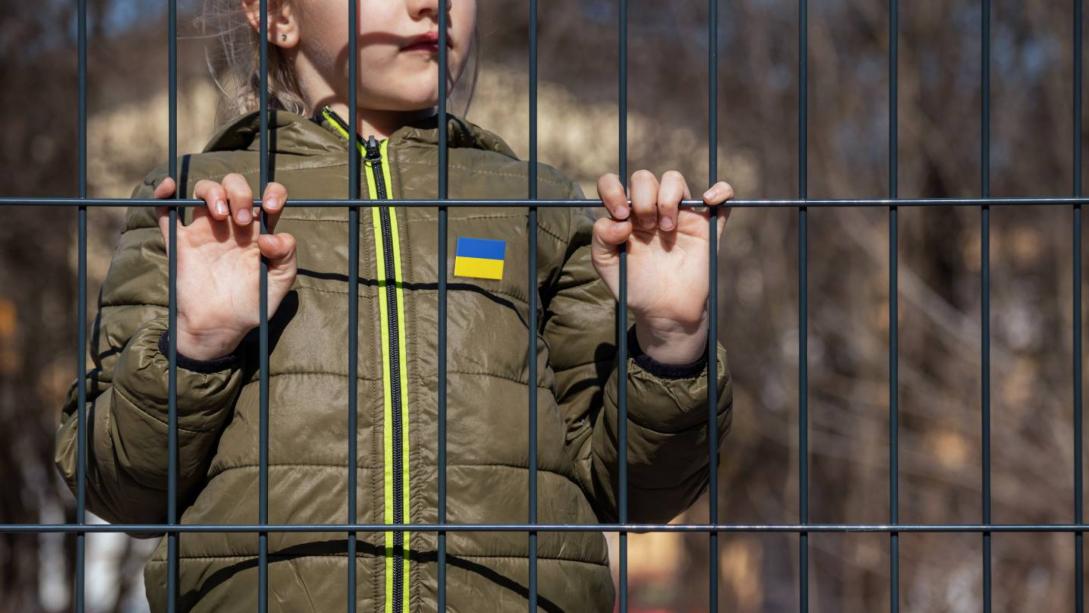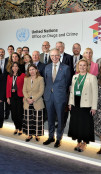Deportation of Ukrainian Children Amidst Russia’s War of Aggression: How to Ensure Accountability and Children’s Return

Russia’s war of aggression against Ukraine has once again highlighted the vulnerability of children during conflict. Every day, children in Ukraine suffer from rocket attacks and shelling against civilian areas and infrastructure. To date, according to Ukrainian government data, over 1600 children have either been killed or injured in the context of the war. Moreover, children trapped in Ukrainian territories temporarily under Russian military control face the risk of deportation by Russian authorities. Under different pretexts, such as security, child welfare, or medical treatment, Ukrainian children are separated from their parents and families and taken to orphanages, foster families, or camps in either Russia or illegally annexed Crimea. Therein, they become subject to pro-Russian re-education and indoctrination. According to the Ukrainian government, over 19500 children are reported as forcibly displaced, although the true number is estimated to be higher.
These cases have been widely documented by different international organisations and bodies, such as the OSCE’s Moscow Mechanism Report or the “Second Interim Report on reported violations of international humanitarian law and international human rights law in Ukraine” by ODIHR. Both reports found them to not only breach International humanitarian law, but also constitute to war crimes. In March 2023, the ICC issued warrants of arrest for Russia’s President Putin as well as its Commissioner for Children’s Rights, based on their responsibility for the war crime of unlawful deportation of population (children) and that of unlawful transfer of population (children). The EU supports the efforts of the ICC with financial resources, as well as evidence from national investigations by more than 16 Member States. The Ukrainian government, together with civil society organisations and partner countries, aims to identify and repatriate forcibly removed children through programmes like “Bring Kids Back UA”. So far, however, only a fraction of the deported children has been reunited with their families. Once returned, these children require long-term psychological support to overcome the trauma caused by their deportation and re-education.
During the widely attended event that took place at the 2023 Warsaw Human Dimension Conference, Daria Herasymchuk, Advisor to the President for Human Rights, Dr. Elina Steinerte, a Moscow Mechanism Expert, Audrone Parkauskienne, Deputy to the EEAS Managing Director for Russia, Eastern Partnership, Central Asia, Regional Cooperation and OSCE, and Mariia Sulialina, Head of the NGO Almenda, assessed and discussed the current situation of deported Ukrainian children, also shedding light on the ongoing repatriation and rehabilitation efforts. They highlighted the intentional and organised character of Russia’s deportation and re-education polices that specifically target the Ukrainian identity of children, and underscored the value of the ODIHR and Moscow Mechanism Reports for accountability efforts. Opening remarks were delivered by Yevhenii Tsymbaliuk, Ukraine Ambassador to the OSCE and Michael Carpenter, US Ambassador to the OSCE, while Neil Holland, UK Ambassador to the OSCE concluded the session. Rasa Ostrauskaite, EU Permanent Representative to the OSCE was the moderator.





